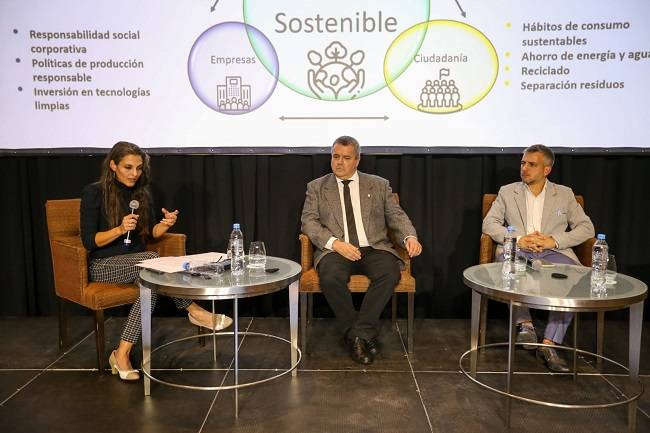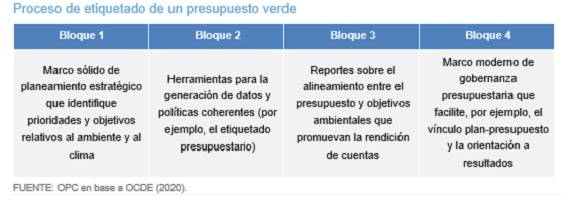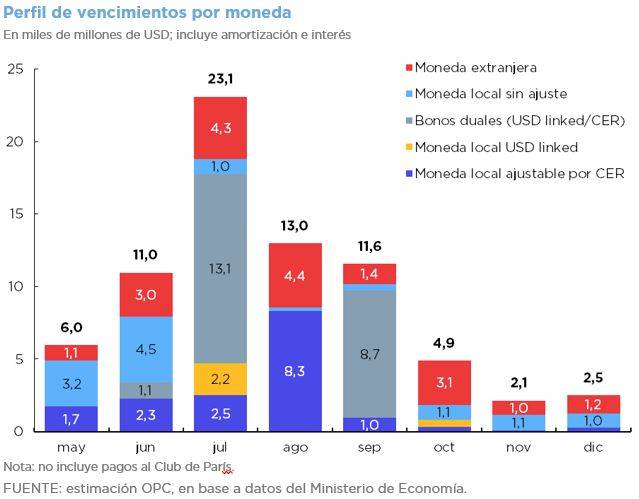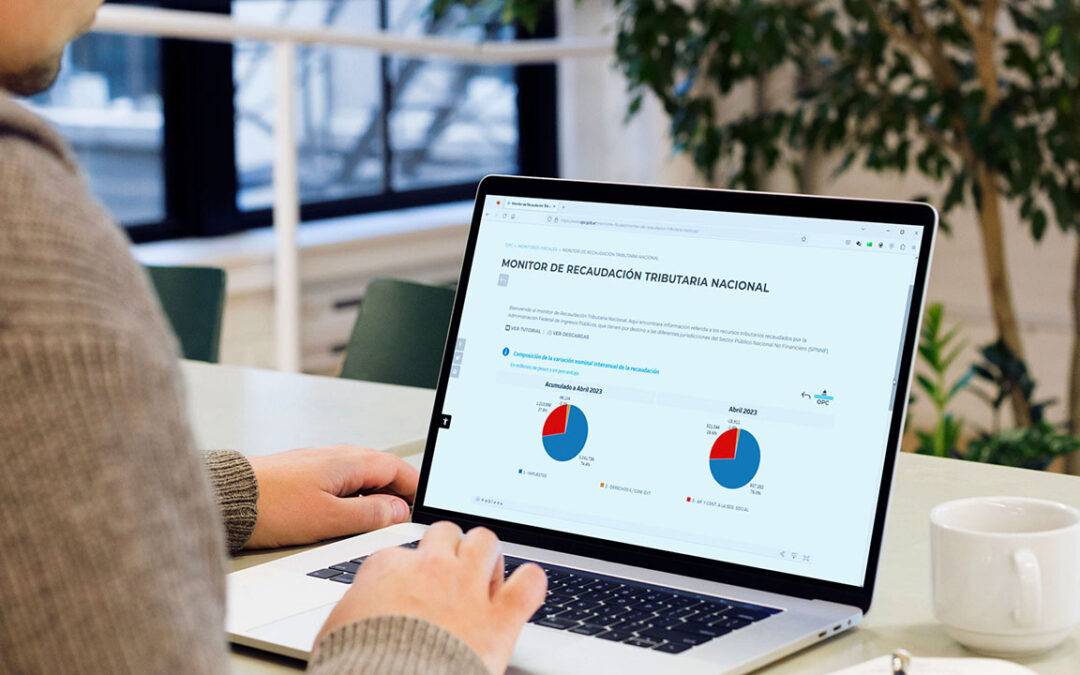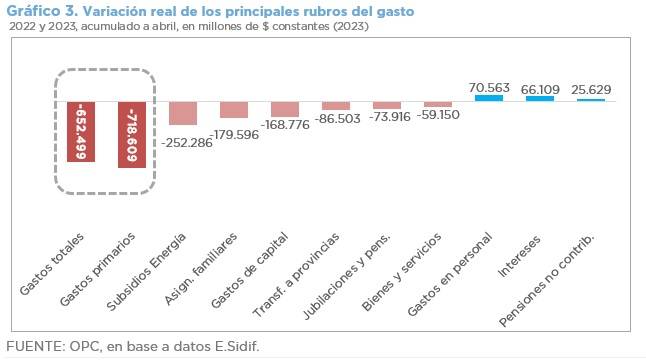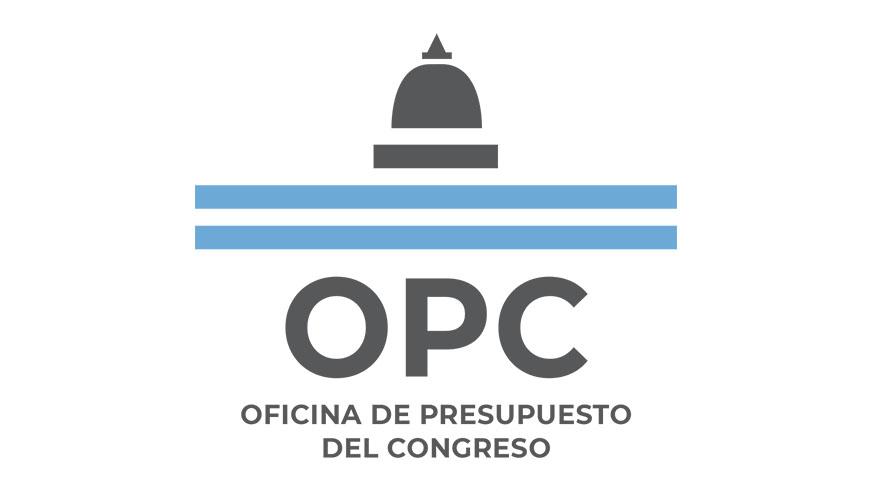
FISCAL IMPACT OF BILL CD-37-2022 ON MEDICAL-ASSISTANCE PROCEDURES FOR THE CARE OF PREGNANT PERSONS IN THE EVENT OF PERINATAL DEATH
The purpose of Bill CD-37-2022 is to establish standardized protocols for the care of pregnant persons and their families in the event of perinatal death, to provide support and care during the process of acceptance of the loss, and to provide information on therapeutic options and subsequent procedures and consultations thus ensuring professional support and informed decision making.
The implementation of the actions provided for in the Bill would not entail a significant increase in costs since they would be implemented within the scope of existing institutions and programs, which could involve the reallocation of budget appropriations.

